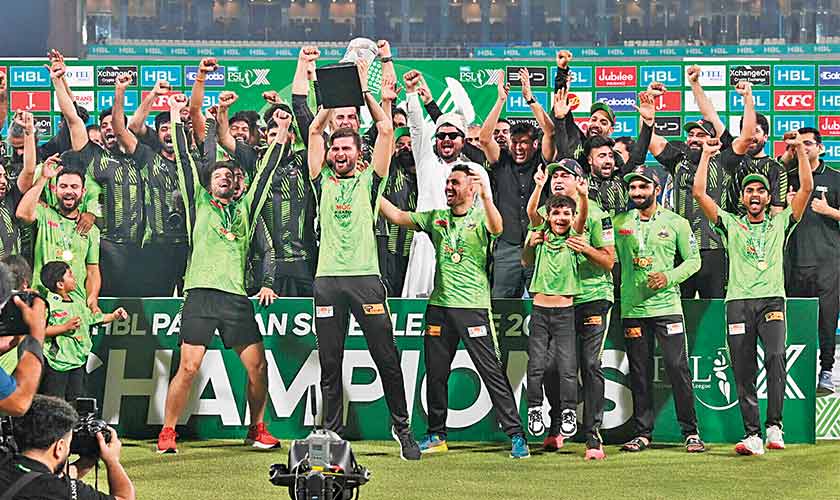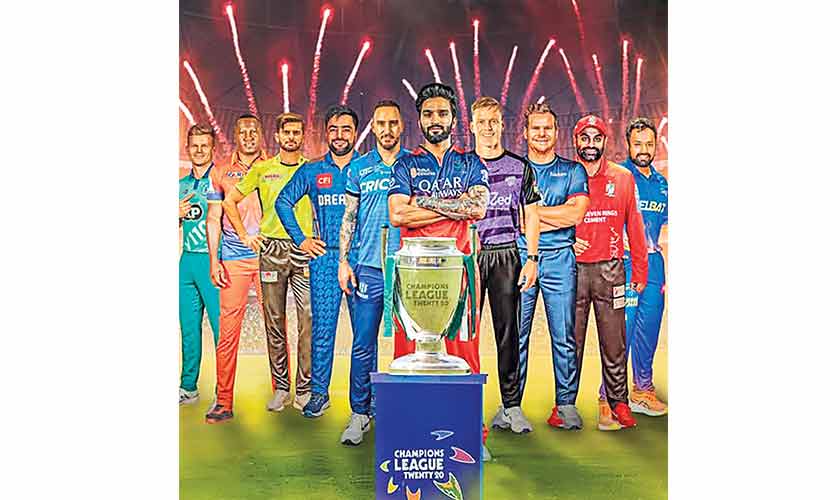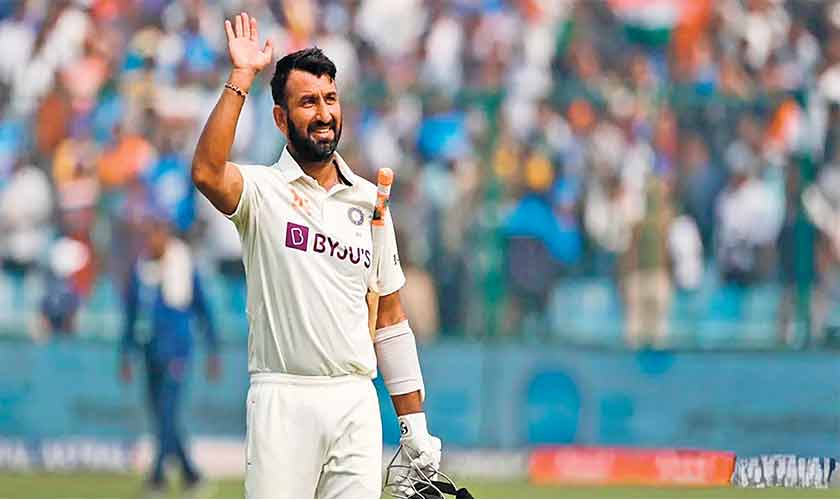Cricket, the gentleman’s game, is on the brink of its most glamorous transformation yet. Much like football’s FIFA Club World Cup, currently being hosted in the United States, the cricketing world will soon witness its top franchise champions collide under one banner, as the ICC gears up to launch the long-awaited T20 World Club Championship in 2026.
In what is being hailed as a ‘game-changer’ for the sport, champion sides from the Indian Premier League (IPL), Pakistan Super League (PSL), Australia’s Big Bash League (BBL), South Africa’s SA20, and England’s The Hundred will lock horns in a spectacle never seen before. For cricket fans around the globe, it’s not just another tournament, it’s the birth of a new global rivalry, the ultimate T20 showdown that pits the finest of franchise cricket against each other.
This reinvention of the now-defunct Champions League T20 (CLT20), which ran from 2009 to 2014, comes not only with stronger structural vision but also with firmer backing from global cricketing heavyweights. Top officials including ICC Chairman Jay Shah, the BCCI, and ECB CEO Richard Gould have publicly endorsed the initiative, lending it institutional strength that was missing from its earlier iteration.
And here’s why this matters:
Since CLT20 faded away, the cricketing landscape has evolved dramatically. T20 leagues have mushroomed in every corner of the world, no longer confined to just India or Australia. The PSL has matured into a powerhouse, the SA20 brought South African flair to the format, and The Hundred added English innovation to the mix. Even Major League Cricket (MLC) in the USA and ILT20 in the UAE have drawn international stars, commercial might, and massive audiences. The time is ripe, and this new tournament is destined to become cricket’s answer to football’s UEFA Champions League.
This isn’t just about bat and ball anymore, it’s about brand wars, global pride, and the spirit of T20 excellence. Imagine Babar Azam’s PSL champions Lahore Qalandars facing off against Rohit Sharma’s IPL-winning Mumbai Indians, or England’s Hundred champions taking on the BBL kings. The format promises to be a festival of fireworks: a group stage followed by high-stakes knockouts, staged on the biggest global platforms with the world watching.
What elevates this concept further is the future inclusion of women’s teams, a visionary step acknowledged by ECB CEO Gould. “Without a doubt, at some point, there will be a World Club Championship for both men and women,” he said, opening a new chapter for inclusive growth in the sport.
Cricket purists might argue about calendar congestion, player workload, or logistical bottlenecks, but let’s be honest: the fans are hungry. The appetite for seeing Shaheen Shah Afridi steaming in to bowl to Jos Buttler in a non-bilateral contest is enormous. It’s a spectacle that writes itself, and one that will lure broadcasters, digital media, and sponsors into a high-stakes, high-reward ecosystem.
Football did it first, with the UEFA Champions League, which transformed local club rivalries into continental epics. Now, cricket is stepping into the same theatre. And just like Real Madrid vs Bayern Munich, we’ll now have Islamabad United vs Sydney Sixers, or CSK vs Trent Rockets.
But there’s more to it than just commercial value or entertainment. The World Club Championship will serve as a bridge, connecting diverse cricketing cultures, enabling young talent to play against global greats, and pushing national cricket boards to enhance the quality of their own leagues to secure global representation.
While the final calendar and host venues are yet to be locked in, especially considering the already crowded 2026 schedule with the T20 World Cup and IPL, one thing is clear: this tournament is not a luxury; it is a necessity. Cricket must evolve to remain relevant in a rapidly shifting sports economy, where digital engagement and cross-border competition are the currency of success.
The ICC and participating boards must now ensure the tournament’s format is clear, its structure is equitable, and above all, its vision remains global. The past failure of CLT20 should not haunt this new chapter. The foundation has changed, the audience has matured, and the platforms for engagement are vastly superior.
In conclusion, the T20 World Club Championship 2026 is not just another cricket tournament, it’s a cultural pivot. It represents the future of franchise cricket and a platform for cricket’s globalisation. With champions colliding, rivalries igniting, and fans uniting, it’s set to be a tournament where legends are made and boundaries, both literal and metaphorical, are shattered.
If done right, this will be the single most exciting innovation in cricket since the birth of the T20 format itself. The game of cricket is changing, welcome to its most thrilling chapter yet.
sarfraznews12@gmail.com







